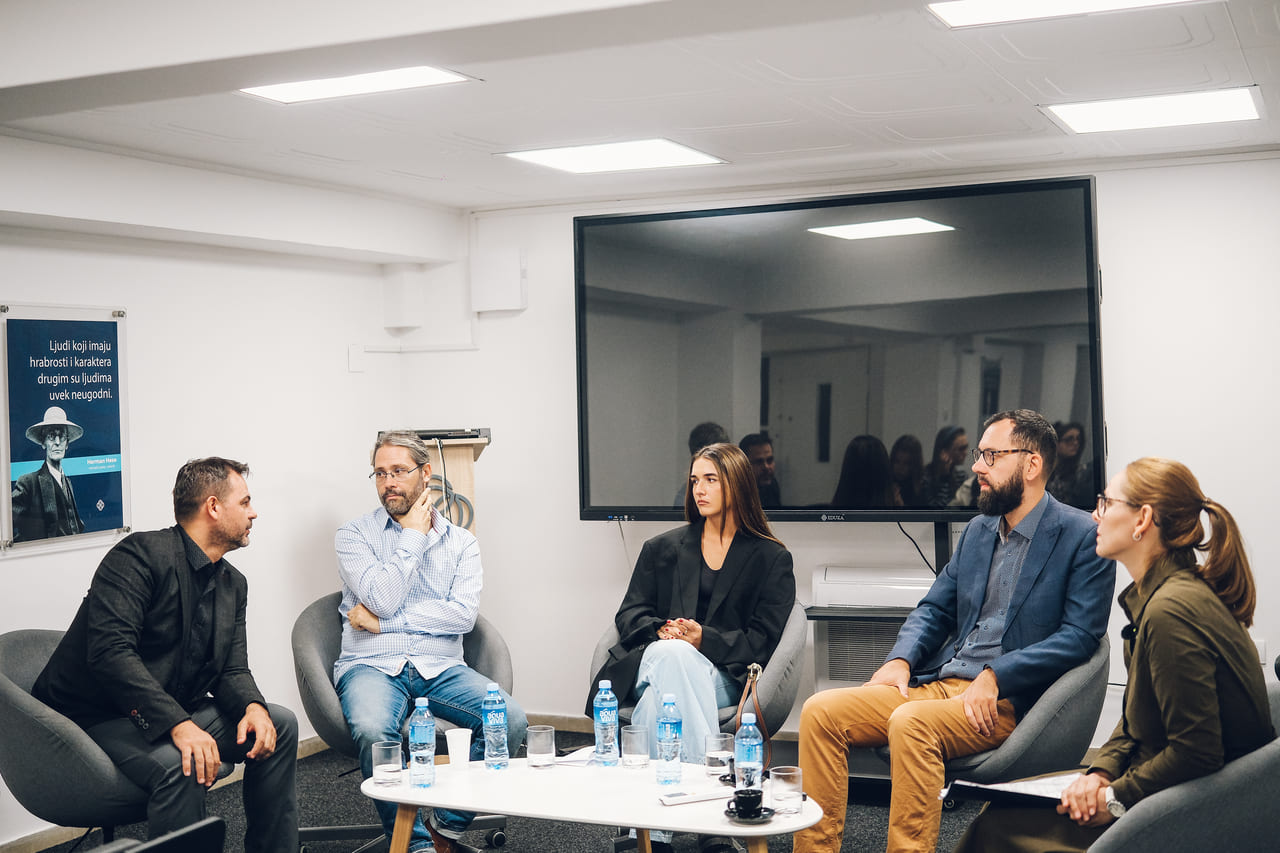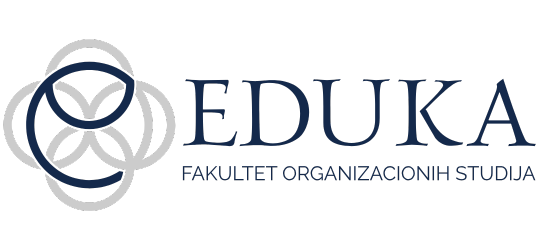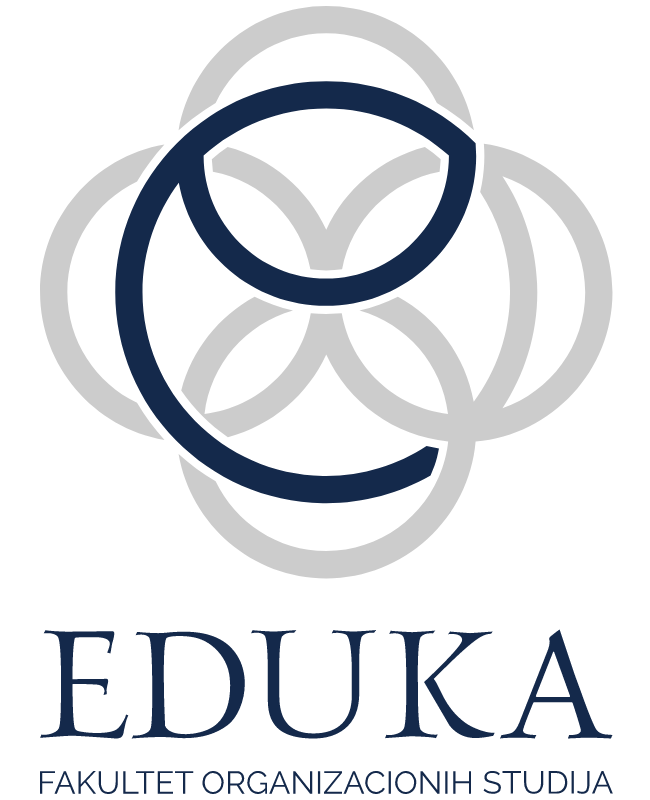
An inspiring and emotional panel discussion titled “How Psychologists and Psychotherapists Can Help People with Oncological Diseases” was held at the Faculty of Organizational Studies Eduka, bringing together experts and practitioners in the fields of medical psychology, psychotherapy, and palliative care.
At a time when more than 42,000 new cases of malignant diseases are registered annually in Serbia, the discussion about the role of psychologists in supporting patients has become more important than ever. The panel participants unanimously emphasized that cancer is not only a physical illness — it is also a psychological, family, and social experience that requires systematic, compassionate, and professionally guided support.
The panel featured the following participants:
- Vukašin Čobeljić, specialist in medical psychology from the University Children’s Clinic – Tiršova,
- Marija Cvijanović, psychotherapist in training and associate of the organization NURDOR,
- Mijodrag Bogićević, Special Education Specialist from the organization Hospices of Hope UK,
- Uroš Rajaković, psychologist, psychotherapist, and supervisor from the Psycho-Oncological Center.
The panel discussion was moderated by Maja Đorđijević from Bellhospice.
In a dynamic and sincere conversation, the panelists shared personal experiences, dilemmas, and challenges in working with patients, as well as examples of good practice from Serbia and abroad. They spoke about the importance of empathy, an interdisciplinary approach, professional education, and how psychological support can change the course of treatment — not medically, but humanly.
The message that “psychological help is not a luxury, but a necessity” particularly resonated, along with the call for the system to recognize the importance of continuous emotional and therapeutic support for oncology patients and their families.
The panel was organized as part of Eduka Faculty’s initiative to connect academia and practice through conversations on topics that inspire social change. The hall was filled with students, professors, and professionals who listened attentively to every word.
The discussion concluded with a sentence that marked the event:
“Cancer changes life — but also our awareness of how much support, understanding, and a kind word can heal the soul.”




